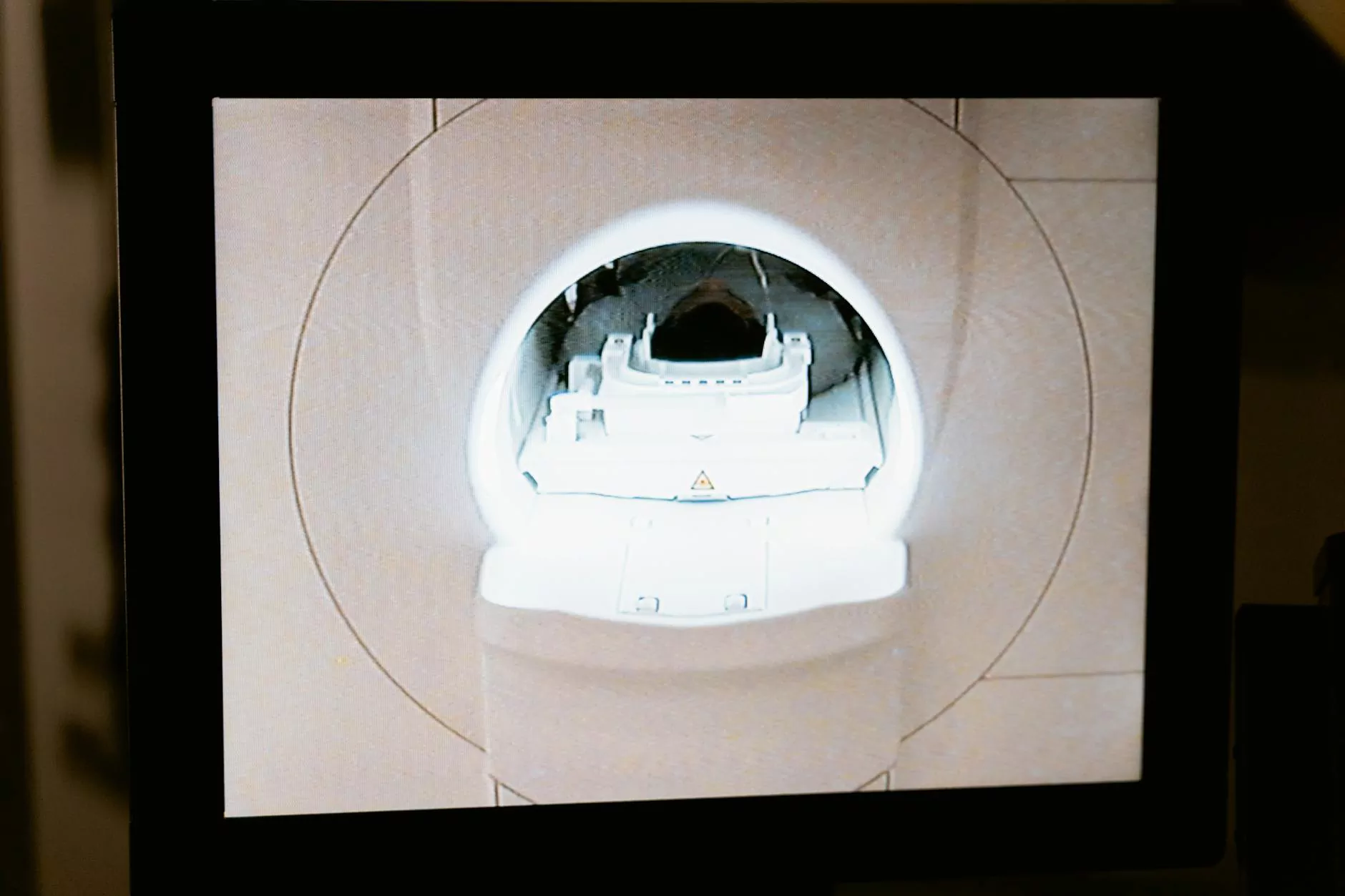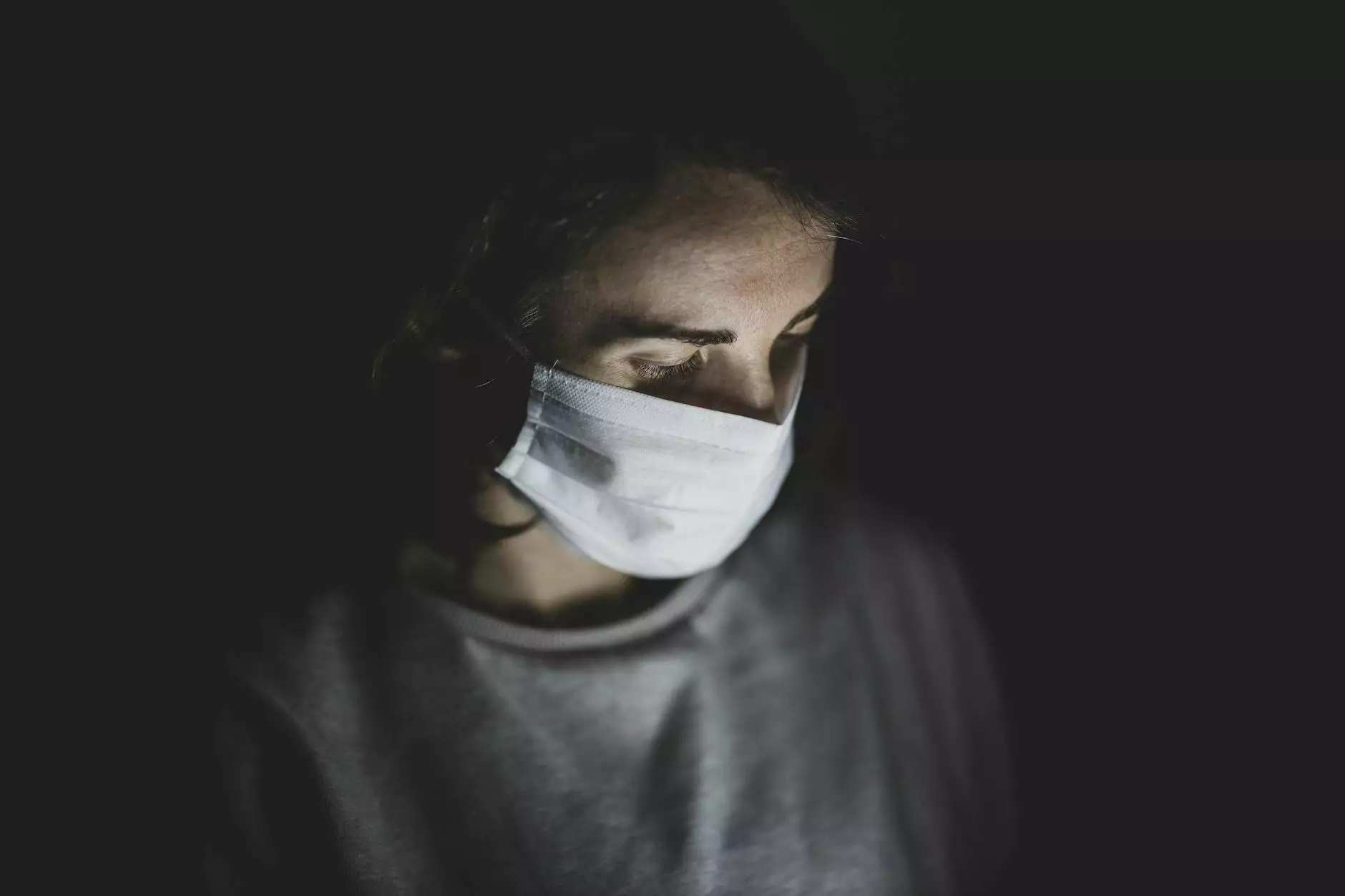Concussion
Health
Symptoms of Concussion
A concussion is a type of traumatic brain injury that occurs when there is a sudden jolt or blow to the head. It can result in a wide range of symptoms, both physical and cognitive. Some common symptoms of concussion include:
- Headache - Often the most prevalent symptom, individuals may experience a persistent or throbbing headache.
- Dizziness and Vertigo - A feeling of lightheadedness or spinning sensation may accompany a concussion.
- Nausea and Vomiting - Some individuals may experience feelings of nausea or may vomit following a concussion.
- Fatigue - Feeling unusually tired or lacking energy is a common symptom.
- Mental Fog - Concussion can lead to difficulties with concentration, memory, and overall cognitive function.
- Visual Disturbances - Blurred vision or sensitivity to light may occur.
It is important to note that these symptoms can manifest immediately following the injury or may develop over time. If you suspect a concussion, it is crucial to seek medical attention promptly.
Treatment and Management of Concussion
After a concussion diagnosis, proper management and treatment are essential to ensure a full and safe recovery. The following strategies are commonly employed:
1. Rest and Recovery
Rest is crucial in the initial stages of concussion recovery. Physical and cognitive activities should be limited to avoid exacerbating symptoms and allow the brain to heal.
2. Cognitive Rehabilitation
In cases where cognitive symptoms persist, cognitive rehabilitation therapy may be recommended. This specialized therapy helps individuals regain cognitive abilities, such as memory and attention.
3. Medication
Symptomatic relief medications, such as pain relievers, may be prescribed by healthcare professionals to alleviate headache and other associated symptoms. However, medications should only be taken under medical supervision.
4. Gradual Return to Activities
As symptoms improve, a gradual return to daily activities, including work, school, and physical exercise, may be recommended. This step-by-step process ensures that the individual does not overstress the brain while recovering.
Prevention of Concussion
Prevention plays a vital role in reducing the occurrence of concussions. Some precautionary measures to consider include:
1. Protective Gear
When participating in sports or activities with a risk of head injury, wearing appropriate protective gear, such as helmets, can significantly reduce the likelihood of a concussion.
2. Avoid Risky Behaviors
Avoiding activities that have a high risk of head injuries, such as reckless driving or engaging in contact sports without proper training, can help prevent concussions.
3. Education and Awareness
Increasing awareness about the signs, symptoms, and risks of concussions is essential. Educating individuals, including coaches, trainers, and parents, can help them recognize and respond quickly to potential head injuries.
In conclusion, concussions are serious injuries that require prompt medical attention. Understanding the symptoms, treatment options, and preventive measures can help individuals make informed decisions and minimize the impact of concussions on their health and overall well-being.
© 2022 Kelley Tim PA-C. All rights reserved.










